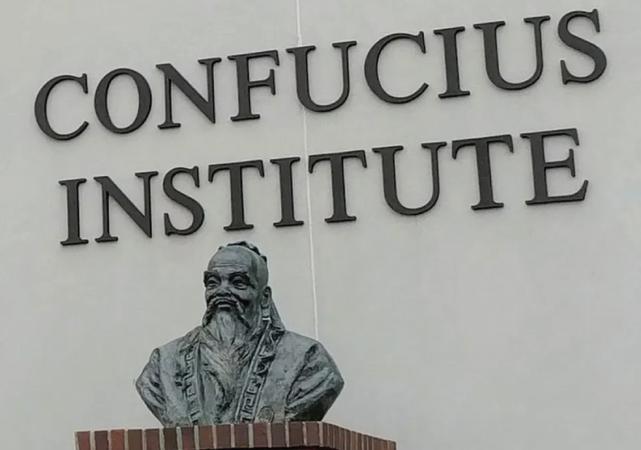Dutch Minister of Education: stop collaborating with Confucius Institutes

This position goes a little further than her previous statements on the issue. Political party CDA inquired the minister about this topic after investigative journalism platform Follow the Money reported (link in Dutch) on the financial interests and restrictions on academic freedom that accompany cooperation with China.
Critical report
The aim of the Confucius Institutes is to promote education in Chinese language and culture. There are currently two institutes in the Netherlands, one affiliated with the University of Groningen and the other with the Zuyd University of Applied Sciences in Maastricht. Leiden University cancelled its collaboration with the organisation in 2019. Last year, the Clingendael Institute of International Relations published a critical report about China’s influence on higher education.
Concerns are especially strong among students from Hong Kong, where China continues to step up its efforts to restrict freedom and democracy, and to imprison its political opponents. In Groningen, students and staff launched a petition against the Confucius Institute. This year, the contract of a Professor of Chinese Language and Culture made the news for obliging the professor not to say or do anything that might damage China’s image.
Armed forces
But other forms of academic collaboration can also pose problems. Dutch politicians were shocked by a report that Delft University of Technology’s links with Chinese universities are working to the advantage of China’s armed forces.
In previous statements, the tone used by the Dutch Minister of Education tone was much more non-committal. She expressed her intention to enter into discussions about the Confucius Institutes with the organisations concerned, insisting that the option of ending the cooperation would be “emphatically” on the table. But her latest letter shows a firmer position, recommending that the contracts should not be renewed.
Awareness
Perhaps her confidence that the organisations would make the right decision themselves has started to wane. In her first round of talks with universities and research institutes, she noted “varying levels of awareness regarding knowledge security”.
Zuyd University of Applied Sciences has its doubts about the minister’s position. After all, Zuyd is not conducting scientific research on China. “You can think what you like about China, but if you are teaching Chinese language and culture to people in the Netherlands, you have no choice but to introduce them to today’s China, with all its pros and cons”, the former President of the Executive Board told Follow The Money. In addition, the cooperation ensures “part of the funding”.